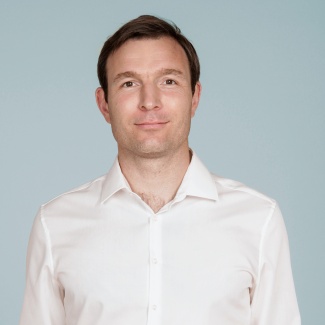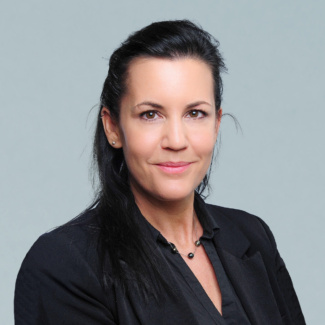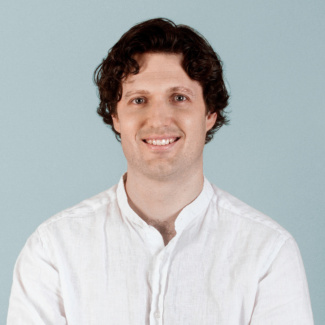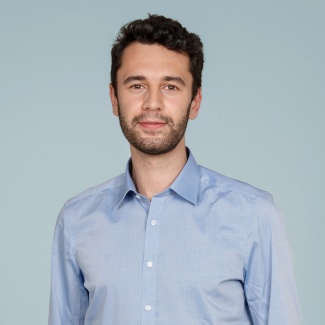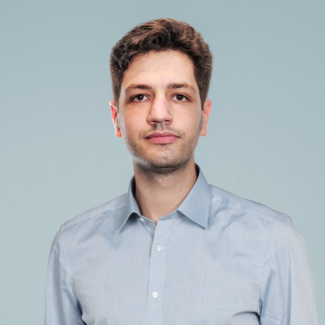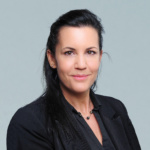We want to improve the lives of patients.
Every day. Worldwide.
Our goal is to sustainably improve the lives of patients with chronic kidney failure – with data, algorithms and artificial intelligence.
As a global innovation unit of Fresenius Medical Care, we use access to a unique data pool. We are the only company that combines development, operation and application of dialysis machines under one roof, and provides access to comprehensive technical and medical data.
We develop innovative solutions for patients, doctors and clinics. To this end, we are making our dialysis machines more intelligent, aiming at making better therapies available to all people worldwide in the future.
Our Team
Interviews
Dr. Matthias Kuss
Leadership
Sabine Jesse
Assistant
Sebastian Kehrlein
Director Portfolio Management
Aaron Pickering
Director Data Science
Dr. Felix Brockherde
Senior Data Scientist
Dr. Jamie Ye
Data Scientist
Lena Scherer
Master's degree candidate
Max Botler
Data Scientist
Nathan Warren
Data Scientist
Radomir Popovic
Data Scientist
